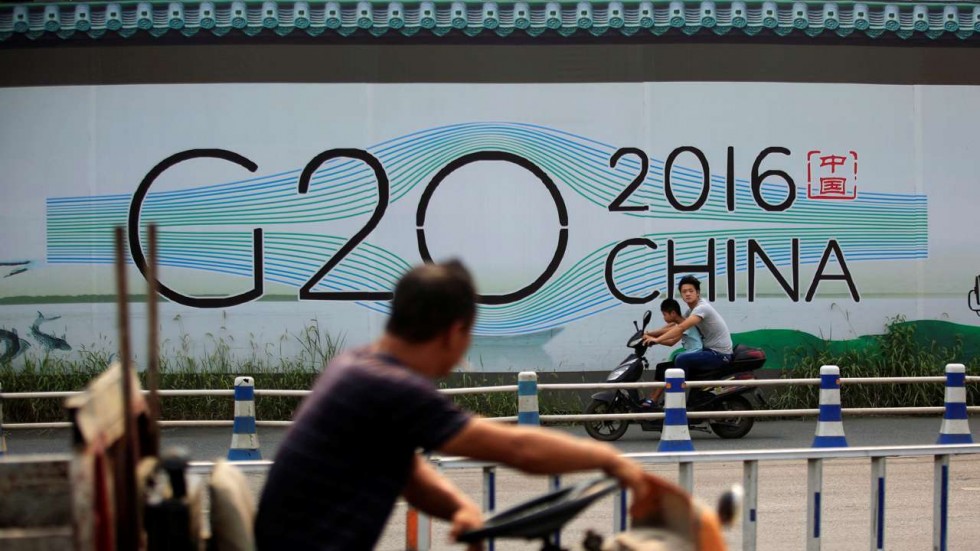Bringing together twenty of the world’s largest economies, the G20 summit concluded its sessions in the Chinese city of Hangzhou on Sep.5.
Saudi Arabia’s Minister of Defense Deputy Crown Prince Mohammed bin Salman led the Kingdom of Saudi Arabia’s delegation throughout the summit.
In a press conference following the two-day long meetings, China’s President Xi Jinping announced that leaders of the world’s advanced and developing economies have agreed to support the multilateral commercial exchanges system and confront protective measures.
He said that depending on monetary and tax policies to motivate growth is not enough, calling for reactivating the growth factor through innovation.
He added that the G20 has adopted guiding principles for managing growth policy and described them as the first international framework for joint investment bases.
The G20 Communique following the Hangzhou-held Summit recognized that the meetings were held at a time in which global economic recovery is progressing and that resilience has improved in some economies and new sources for growth are emerging.
However, growth was still considered weaker than desirable. Downside risks remain due to potential volatility in the financial markets, fluctuations of commodity prices, sluggish trade and investment, and slow productivity and employment growth in some countries.
Challenges originating from geopolitical developments, increased refugee flows as well as terrorism and conflicts were also accounted as factors complicating the global economic outlook.
